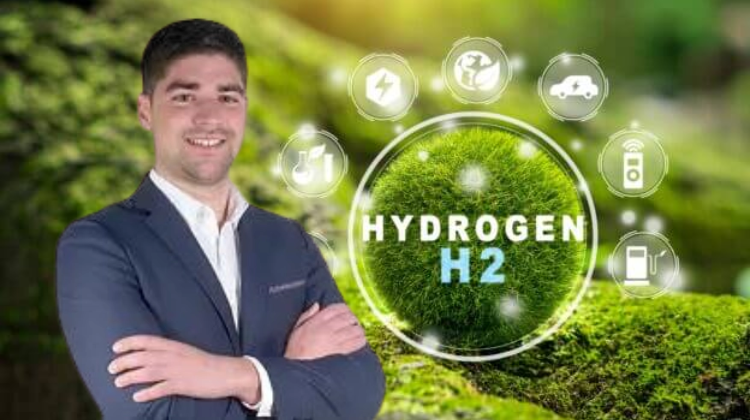The development of hydrogen in Europe is facing a period of uncertainty. Brais Armiño, a specialist in synthetic fuels, warns that the lack of a clear regulatory framework is causing delays, cancellations and indecision in key projects.
“There is a lot of news about cancellations, postponements, indecision and, above all, much negativity from people in the sector,” he states in an interview with Strategic Energy Europe.
The expert maintains that the continent has the technical and business capacity to move forward, but that the obstacle is political, underlining the lack of national transpositions of European regulations such as RED III. In his view, “nobody will consume hydrogen if it is more expensive than other molecules without being obliged to do so or without an incentive.”
Companies, meanwhile, find themselves paralysed: without a predictable framework that guarantees demand for hydrogen, projects are halted because of the difficulty in justifying multi-million-euro investments.
Although many announcements of delays or cancellations are emerging in countries such as Spain, there are also relevant market operations, such as the contract in Germany for the supply of 6,000 tonnes of RFNBO hydrogen.
It is the most solid companies, or those with a pioneering vision, that decide to press ahead, betting on gaining experience and strategic positioning even while taking on higher economic risks.
The expert points out that the real reduction in costs will no longer come from electrolyser technology, which has already become competitive, but from experience in EPC, indirect costs and contingencies.
He recommends promoting projects in cement plants and petrochemical facilities, even of 20 to 30 MW, where the impact on the final product is low but allows for scaling and learning.
The expert highlights that Iberdrola is leading development in Spain, along with other firms such as Lhyfe in Europe. He also notes the installation of hydrogen refuelling stations in Madrid without waiting for subsidies, which subsequently enabled access to public support by demonstrating leadership.
Guarantee of origin certificates and hydrogen varieties
The debate on hydrogen certification is another sensitive issue. Armiño points out that many developers are concerned about marketing through guarantee of origin certificates.
“I believe that the strategy of combining low carbon and RFNBO is the one that delivers the best results,” he asserts, while considering that both types of hydrogen will have room in the market and will allow projects to become profitable.
In this respect, the European Union has begun to give greater prominence to the production of low-carbon hydrogen by incorporating it into tenders. The third hydrogen auction, for example, foresees the participation of projects that combine renewable hydrogen and low carbon, opening the door to a broader spectrum of initiatives and technologies within the same support framework.
Armiño’s vision is backed by the latest data from the International Energy Agency (IEA). The organisation revised down by 25% the potential for low-emission hydrogen production by 2030, due to project delays, high costs and lack of infrastructure. The report warns that stronger political action will be needed to meet climate targets and prevent the market from stagnating.
Compared with other regions, Europe risks losing ground. In Latin America hydrogen is already produced at €5/kg without subsidies, a level similar to Europe with public support. “It is very likely that production will move outside Europe, because there is not the same sensitivity or the same bureaucratic burden,” Armiño warns, although he considers that the global market will be large enough to absorb supply from all regions.
Finally, the expert stresses that the transition cannot be halted by the current situation. “The needs remain the same. Petrol and natural gas are finite resources and their days are numbered,” Armiño concludes, convinced that decarbonisation will be achieved by 2050 or 2060, albeit along a slower path than expected.






























